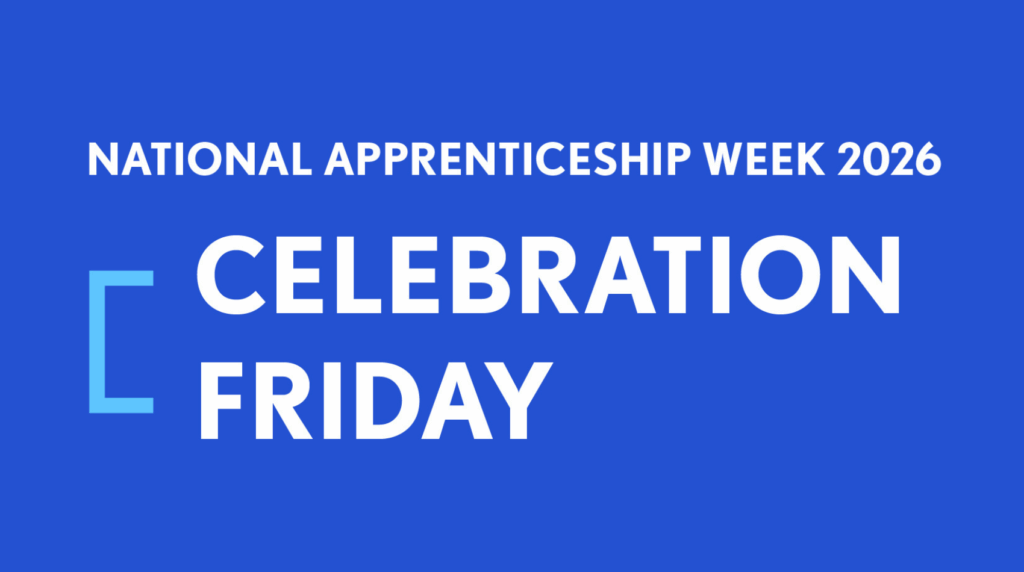Abi Hickey,
Content Creator
17th October 2024
How to manage workplace anxiety
Do you find yourself suddenly feeling anxious at work? Do thoughts about your job make you nervous, especially as the weekend ends? You’re not alone. Workplace anxiety, or work-related stress, affects a significant number of people. According to MHFA England, 61% of workers say they feel exhausted at the end of most working days, and one in five UK workers reported feeling unable to manage stress and pressure in the workplace. This anxiety isn’t just confined to office spaces – it can affect those working from home too.
Understanding whether your anxiety is specific to work or part of a broader anxiety disorder can be challenging. Workplace anxiety usually evolves around job-related and tends to diminish when you are away from work If your anxiety is persistent and is affecting different areas of your life, it could be a sign of a generalised anxiety disorder. However, workplace anxiety is common and can often be managed with the right strategies.
Recognise your triggers
Identifying specific triggers that can cause you anxiety at work is crucial. Start keeping a journal of moments when you feel anxious. Note what happens before, during, and after these episodes. For instance, you may be able to recognise that you feel anxious before meetings or before you encounter a certain coworker. By recognising these patterns can help you develop strategies to address or avoid these triggers.
Develop grounding techniques
When anxiety strikes, having quick grounding techniques can be beneficial. Simple strategies like a short meditation session or a brief walk can help. Additionally, the 54321 technique can help ground you in the present moment: identify five things you see, four things you hear, three things you feel, two things you smell, and one thing you taste. Another effective method is box breathing, which involves inhaling for a count of 4, holding for a count of 4, exhaling for a count of 4, and holding again for a count of 4. These techniques can help you regain focus and reduce anxiety.
Create a supportive environment
Your work environment plays a significant role in your anxiety levels. Consider making small changes to improve your workspace, such as moving to a spot with better lighting, using noise-cancelling headphones, or reducing caffeine intake. These adjustments can help create a more comfortable environment and reduce the likelihood of anxiety.
Communicate openly
Talking about your anxiety at work might feel daunting, but it can be very beneficial. Consider discussing your challenges with your employer or a trusted colleague. In the UK, the Equality Act 2010 protects you from discrimination due to mental health conditions, and you may be entitled to reasonable adjustments to support your needs. Open communication can help create a more understanding and supportive work environment, making it easier to address and manage your anxiety.
Practice healthy habits
Maintaining healthy habits supports overall well-being and can help manage anxiety. Ensure you get enough sleep, stay hydrated, and eat a balanced diet. Avoid excessive caffeine, alcohol, and processed foods, which can contribute to anxiety. Additionally, incorporating regular exercise into your routine can improve mood and reduce stress.
Seek professional support when needed
If your anxiety becomes overwhelming or persistent, seeking professional support can be beneficial. A therapist can help you identify triggers, develop coping strategies, and make value-based decisions about your work and life. If you find that your usual coping methods are no longer effective, or you’re struggling to function, a mental health professional can provide valuable guidance and support.
In summary, managing workplace anxiety involves recognising your triggers, developing effective grounding techniques, and creating a supportive work environment. Open communication, setting achievable goals, respecting your limits, and maintaining healthy habits also play a crucial role. Remember, you don’t have to navigate this alone—support is available, and taking proactive steps can lead to a more manageable and fulfilling work experience.
————–
For further insights and guidance on maximising your apprenticeship funding, please don’t hesitate to reach out to us at:
Tel: 023 8017 0380
Email: hello@kiwieducation.co.uk
Kiwi & Yuzu Ltd is committed to empowering businesses and individuals through quality education, training, and skills development.
Employers
Read More
Individuals
Available Courses
International
Our Partnerships


